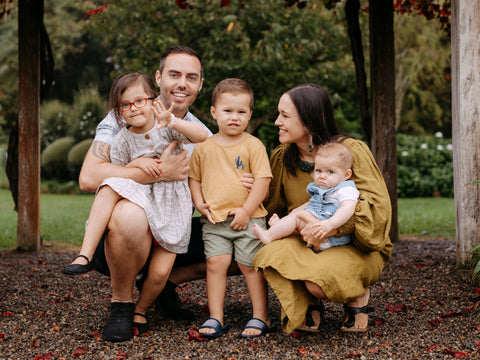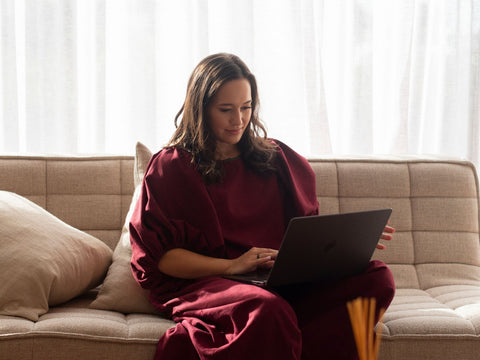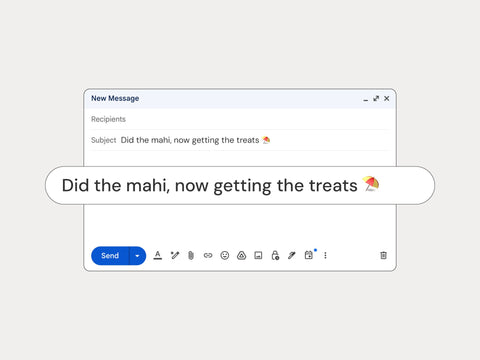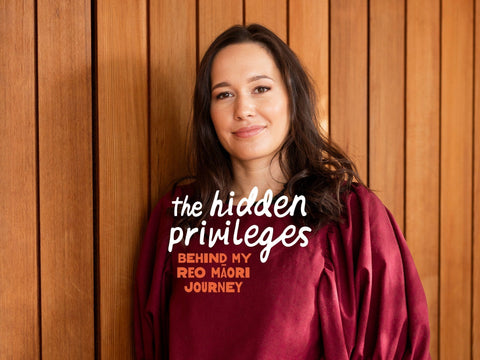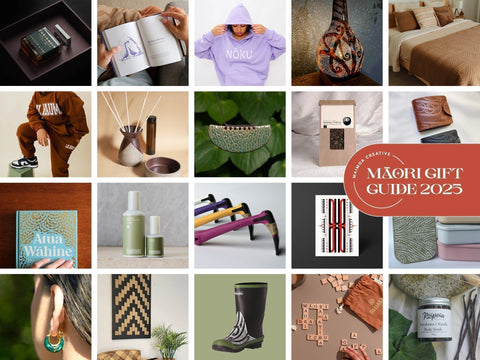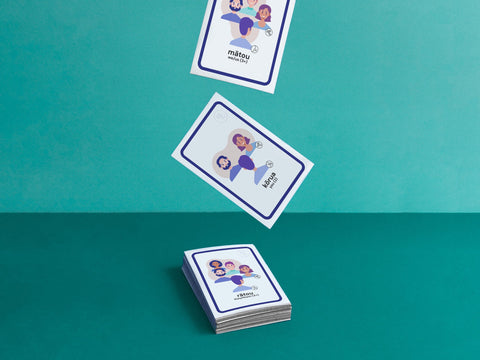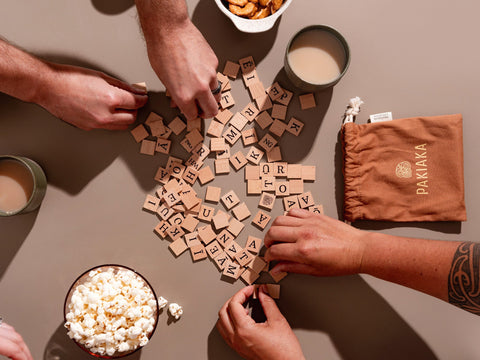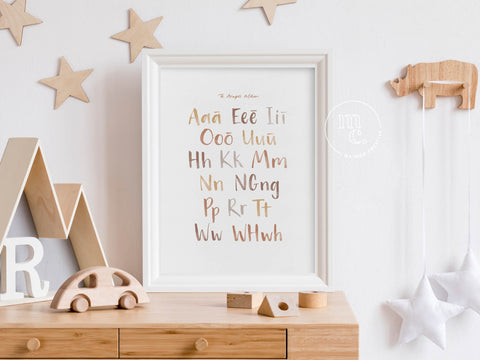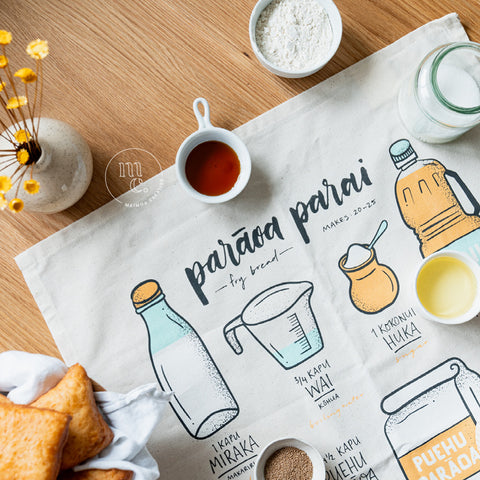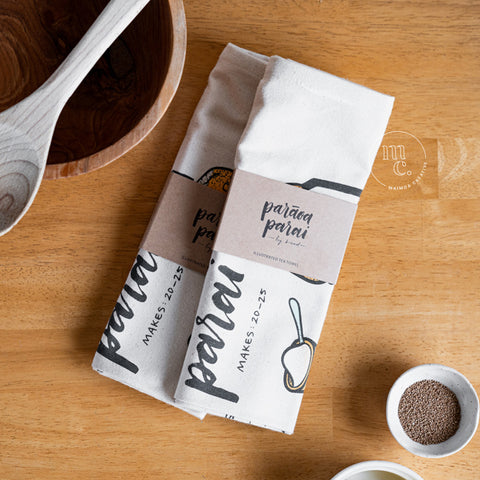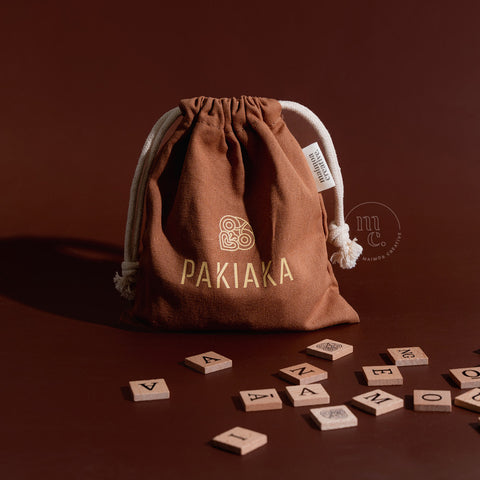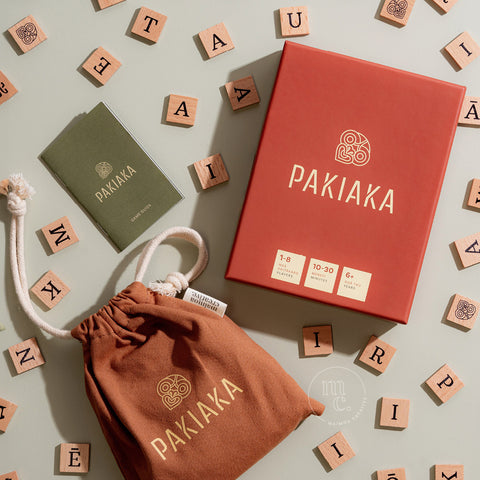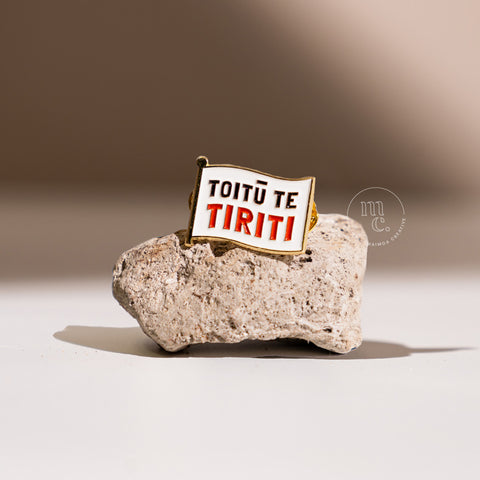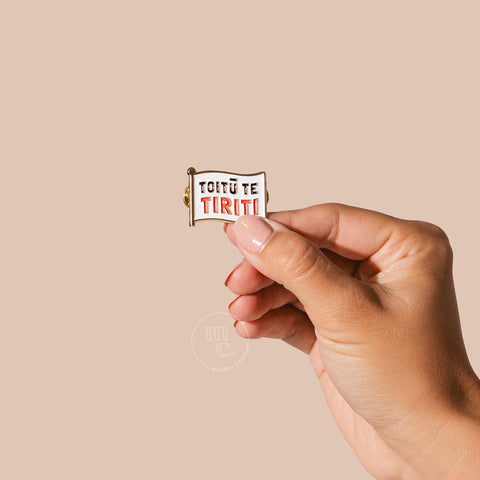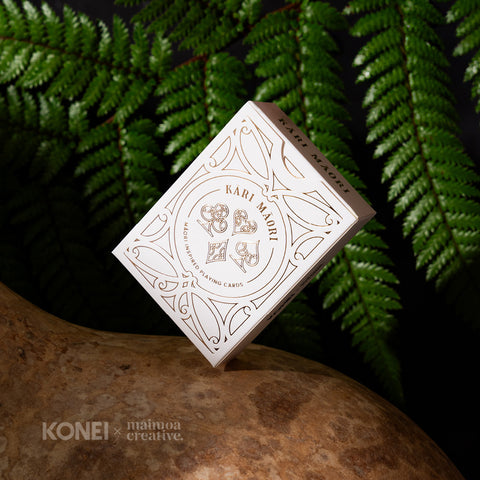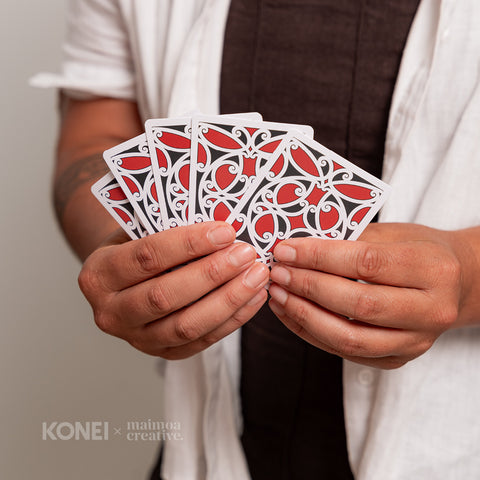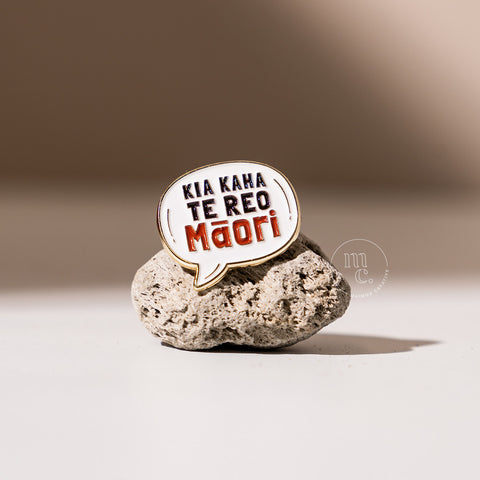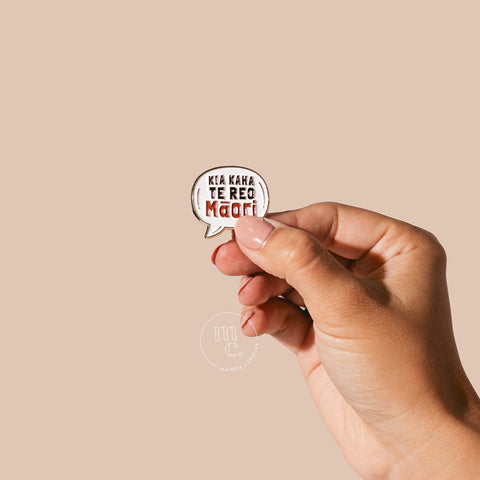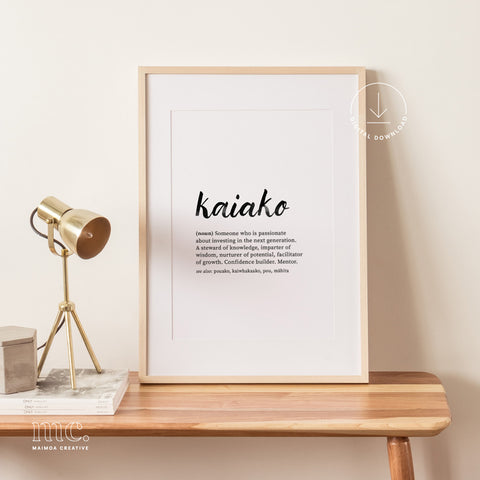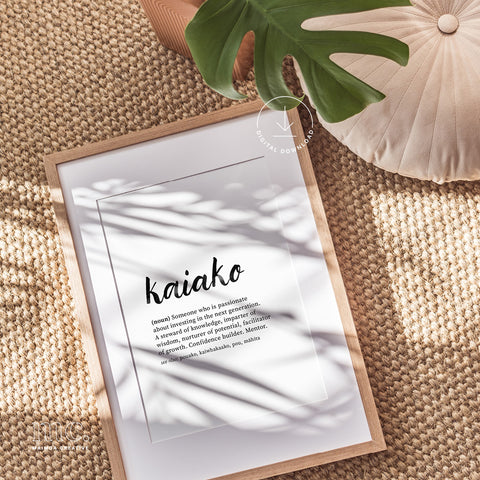Ko te reo te mauri o te mana Māori.
Ko te kupu te mauri o te reo Māori.
E rua ēnei wehenga kōrero e hāngai tonu ana ki runga i te reo Māori.
Ko te reo, nō te Atua mai.
The language is the life force of the mana Māori.
The word is the life force of the language.
These two ideas are absolutely crucial to the Māori language.
A language which is a gift to us from God.- Tā Hēmi Henare
Every time I share little snippets and moments of the interactions we have with our tamariki (children), I often receive comments from followers saying things like "I wish I could speak to my kids in Māori", "It is so beautiful hearing them speak Māori", "I love hearing your kids speak so fluently" — and I have to remind myself that we are now living a life that is the result of our dedication, hard mahi (work) and sacrifices. We have both worked so hard as second language learners to reclaim te reo Māori to ensure our tamariki can grow up with it from birth. It's easy to focus on what we still haven't learned, or what we are still lacking, instead of stopping and acknowledging how far we have already come on our journey.

Photo: Our three tamariki, Manahau (3yrs), Te Rauriki (4 years), and Atamai (5 months)
When Hamuera and I were dating, he had a list of what he wanted in a wahine (woman). It was pretty specific. I admire a man who is intentional about what he wants in a woman, but damn he was picky 😅. Although I ticked off most things on his list, one big criteria in which I was severely lacking was being able to speak te reo Māori. Thankfully he could still see potential in me (and didn't strike me off his list 😂) because he believed I could still learn, just like he did. Hamuera started learning since High School age, then went on to majoring in te reo Māori at University. He was determined to become fluent despite not growing up being surrounded by it. His fluent nan was from the generation that was punished for speaking it, so she never passed it down.

Photo: Hamuera and Aroha, 2016 (pre-tamariki)
I believed myself to be what is often referred to as a 'Plastic Māori'. I despise this term now, but I understand how Māori who hardly have any connection to their Māoritanga (often at no fault of their own), relate to it. In essence, it means "I'm a Māori who doesn't know how to be Māori", or "I'm a Māori who doesn't look, talk, think, feel, eat, or breath like what society thinks a Māori should". That was me. You can read more on my whakaaro (thoughts) on the term 'Plastic Māori' in one of my previous blog posts, "Why You Should Remove the Term 'Plastic Māori' From Your Vocabulary"
Long story short, I grew up overseas for the first 11 years of my life, so I had no real connection to my Māoritanga, let alone a typical Kiwi/New Zealand upbringing. My dad is Māori (Ngāti Raukawa, Ngāti Ranginui), and my mum is Dutch (born and raised in Aotearoa). However, I grew up in a completely different culture to both ethnicities — based in Tajikistan (Central Asia), where my parents were humanitarian aid workers. I absolutely loved my childhood, and have the fondest memories of living a very simple, humble life in a country stricken with poverty. I always felt loved, safe, and taken care of. But tikanga and reo Māori were not a major part of my upbringing. Aside from seeing my dad do the odd haka for other ex-pats, my experience with te ao Māori was close to none. It’s not that I feel like I lacked anything as a child (I had a wonderful upbringing), it was more the reverse culture shock I experienced when returning to Aotearoa that highlighted feelings of inadequacy and confusion. I barely knew how to introduce myself in te reo, I would awkwardly stand there mouthing made-up words attempting to sing along to common waiata, and I felt clueless and terrified whenever I stepped onto a marae setting. How could I call myself Māori if I didn't even know how to be one?

Photo: Aroha and her three siblings and friends growing up in Tajikistan.
After many years of struggling to define my identity with such a mixed upbringing, I could sense there was this part of me that I had yet to unlock, yet to discover. In 2015, my dad and I embarked on a humbling journey to learn te reo Māori together in the form of a one year full immersion paper (Te Tohu Paetahi at the University of Waikato). Intense does not even begin to describe that year. It was enlightening, challenging, confronting, exhausting, rewarding, and all-consuming. But it felt right. I knew I was in the right place at the right time, and I gained so much clarity in that one year. I have done further study since, but I was able to go from zero Māori to conversationally fluent within the span of one year thanks to that course.

Photo: Aroha with her parents, March 2015, graduating from WINTEC, just after starting a one-year full-immersion course with her pāpā at the University of Waikato.

Photo: Te Tohu Paetahi, class of 2015
Fast forward to today, our tamariki only speak te reo Māori with us. It's their first language, and sometimes I have to pinch myself that our efforts actually produced such a monumental outcome. They are growing up in a world where their Māori language is alive and thriving in their home. They won't have to go back to study as an adult to learn something that was taken from their ancestors. Although we don't speak any English to them at home, they have picked it up very quickly from daycare and being surrounded by it when we visit whānau and friends who don't speak te reo Māori. It's incredible to watch how effortlessly they can switch between the two languages, and observing how their small yet sponge-like brains can decipher which language to use with each person they encounter.
Not only are we thrilled with the fact that they have learnt Māori as their first language, but we are very aware of the benefits of bilingualism from an early age. No matter the additional language, bilingual children demonstrate empathy and social understanding, along with improved brain function and academic performance (source: parents.com).

Photo: singing waiata in our lounge. Credit: Catherine Smith Photography
Our reclamation journey is far from over, and I believe it will never truly reach an endpoint. I still feel like I have very basic reo, as well as incredibly limited knowledge of tikanga (protocols), mita (dialect) and whakapapa (genealogy). That is something we as parents intend to nurture and prioritise so that we can continue to provide an upbringing for our tamariki that allows them to be unashamedly Māori. This journey brings us immeasurable fulfilment, and we are excited to witness the ongoing growth of our tamariki as unapologetic Māori individuals.

